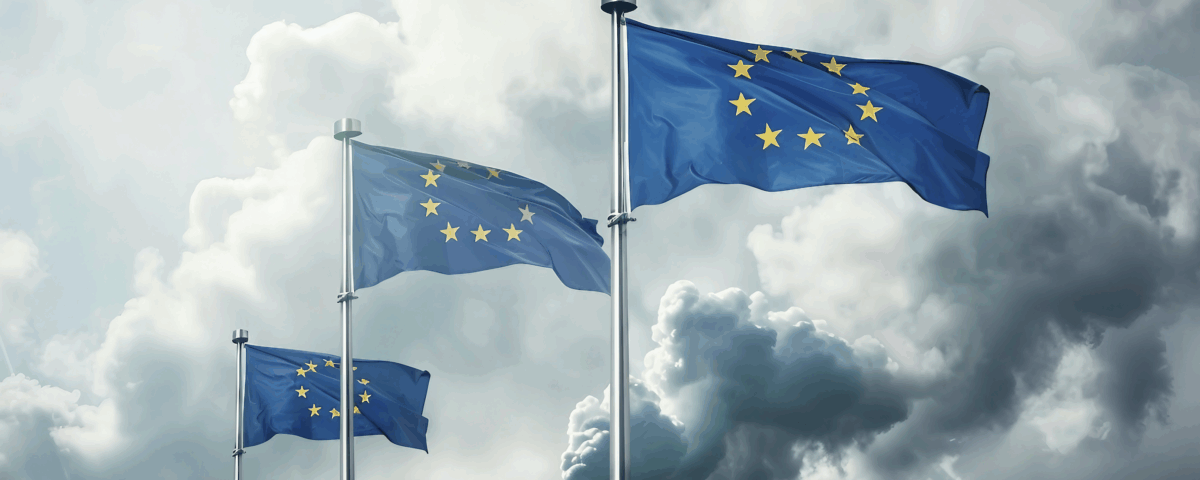
UK CfD Allocation Round 7 Set for August Launch
June 4, 2025
Industry Confidence in Floating Wind Projects Declines Amid Rising Costs and Delays
June 6, 2025The European Commission is preparing to unveil a new climate target this July that will introduce greater flexibility for EU member states, according to diplomats cited by Reuters. The move reflects a growing push to balance ambitious climate goals with economic realities facing domestic industries.
EU Climate Commissioner Wopke Hoekstra announced plans to present the 2040 climate framework on July 2, which will aim for a 90% reduction in net greenhouse gas emissions from 1990 levels. Unlike previous targets, this proposal will include mechanisms to ease implementation burdens—such as allowing limited use of international carbon credits and adjusting expectations for domestic sectors under pressure.
These flexibilities respond to increasing political resistance across Europe, where governments and lawmakers are raising concerns about competitiveness, energy costs, and potential retaliatory trade measures like new U.S. tariffs.
Although the European Commission has delayed the 2040 proposal and softened some environmental rules amid this backlash, it maintains that Europe must stay the course on climate action—especially as the continent faces the fastest warming rates globally.
The proposed 2040 target still requires approval from both EU member states and the European Parliament. While countries such as Finland, the Netherlands, and Denmark back the 90% reduction goal, others—including Italy and the Czech Republic—remain opposed. Germany has expressed conditional support, contingent on being able to meet part of the target through carbon trading mechanisms.
In addition to emissions credit flexibility, the Commission is also reviewing whether certain sectors could be granted more lenient targets, allowing national governments to tailor reductions to their economic contexts. Strategically, the 2040 target is positioned as a critical bridge between the EU’s near-term 2030 goals and its long-term net zero ambitions for 2050.
As the EU refines its climate policy, businesses and legal advisors alike should monitor how these flexibilities evolve—particularly with respect to emissions trading schemes, sector-specific requirements, and cross-border regulatory implications.

